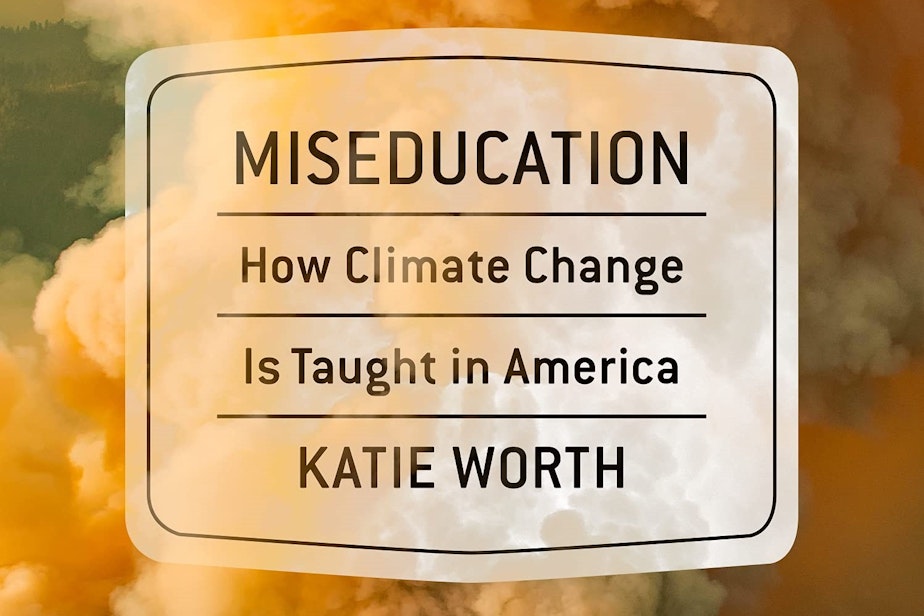‘The science isn’t complicated.’ An investigative reporter details the effects of climate change disinformation in public education

It may be tempting for some of us to think that a new generation — young people brought up with existential concerns about the sustainability of life on Earth in the face of climate change, eager to enact remedies — will inspire the massive change necessary to protect the planet.
International figures such as Greta Thunberg and members of the Sunrise Movement here in the U.S. demand and receive attention for their climate activism. But many more young people aren’t learning the science of climate change in school.
Investigative reporter Katie Worth explores why that is in her new book Miseducation: How Climate Change Is Taught in America. Her research led her to build a database of science curriculum and textbook standards in all fifty states.
She traveled around the country to find out firsthand what children are learning and how teachers approach the subject. She reports that more than a third of young adults believe that climate change is not man-made and that four out of five Americans don’t think there is a scientific consensus on global warming.
There are no nationwide curriculum standards in U.S. public schools, in any concentration. States decide what is taught, and red-blue political divides affect what version of science students learn.
Worth explored the groups invested in influencing science education: oil corporations, state legislatures, school boards, libertarian think tanks, conservative lobbyists, and textbook publishers.
She found that, just as the tobacco industry covered up facts about the dangers of cigarette smoking, forces interested in keeping a lid on the truth about climate change spread misinformation about its dangers, perhaps most pointedly in public school classrooms in the United States.
Sponsored
Katie Worth is an enterprise reporting fellow at Frontline PBS. She talked about her findings with National Center for Science Education deputy director Glenn Branch on November 22, 2021. Third Place Books presented their talk. Author events manager Spencer Ruchti introduced and moderated the program.
If you have any feedback on this episode, you can email me at jobrien@kuow.org




